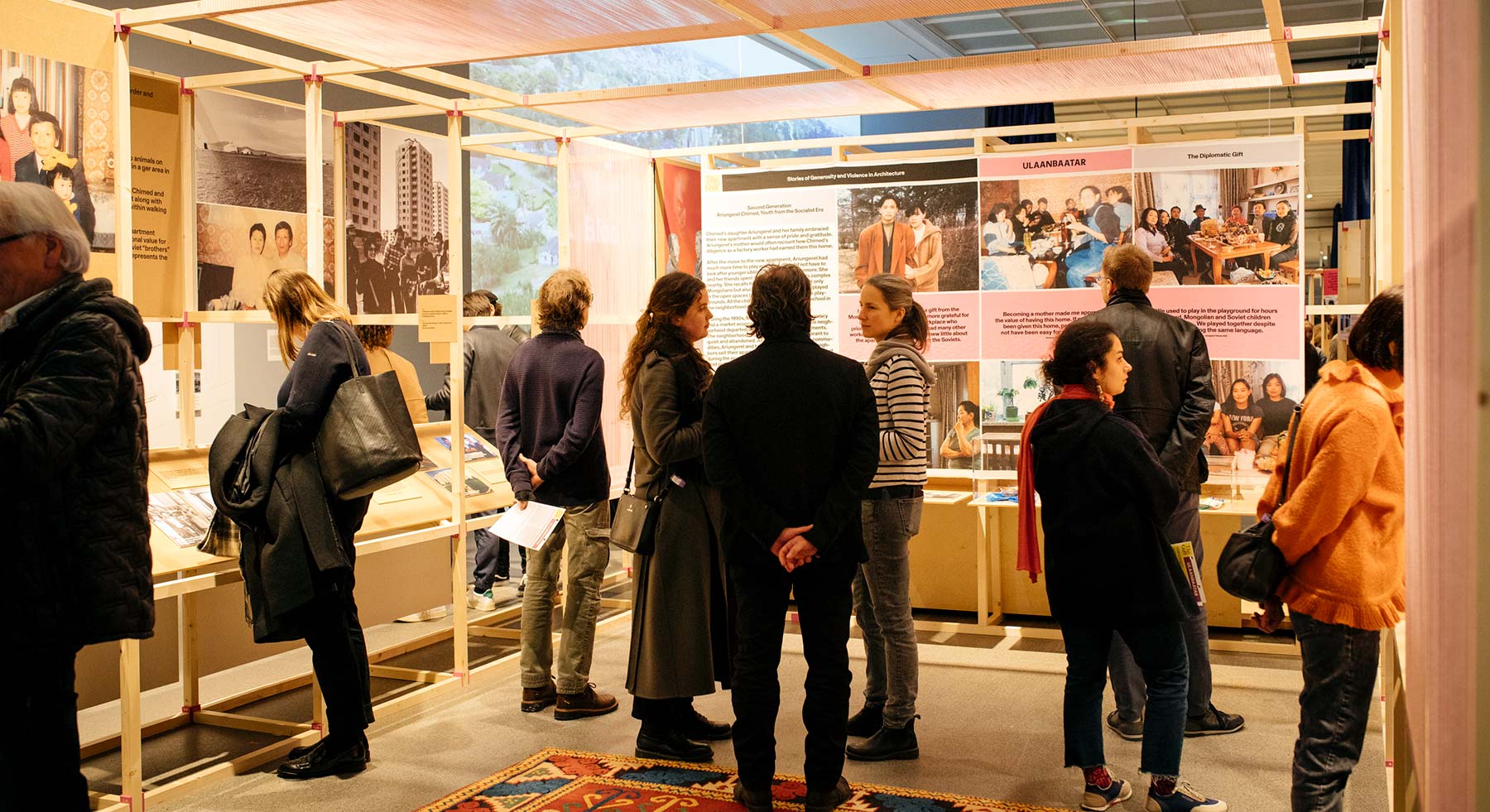Redevelopment and Race: Planning a Finer City in Postwar Detroit Re-Issued by Wayne State University Press
Redevelopment and Race: Planning a Finer City in Postwar Detroit by Centennial Professor of Urban and Regional Planning June Manning Thomas was recently re-issued by Wayne State University Press as an expanded second edition just released.
The book was originally published in 1997 and was awarded the Paul Davidoff Award from the Association of Collegiate Schools of Planning in 1999.
The following is a description of the book from Wayne State University Press:
In this study, Thomas takes a look at what went wrong with professional city planning after World War II, when despite an award-winning master plan, a number of laudable redevelopment projects, and exemplary planning leadership in the city and the nation, Detroit was rapidly transforming into a notorious symbol of urban decay.
Among the issues Thomas discusses in this volume are the harmful impacts of Detroit’s highways, the mixed record of urban renewal projects like Lafayette Park, the effects of the 1967 riots on Detroit’s ability to plan, the city-building strategies of Coleman Young (the city’s first black mayor) and his mayoral successors, and the evolution of Detroit’s federally designated Empowerment Zone. Examining the city she knew first as an undergraduate student at Michigan State University and later as a scholar and planner, Thomas ultimately argues for a different approach to traditional planning that places social justice, equity, and community ahead of purely physical and economic objectives. A new postscript offers insights into changes since 1997.
For more information about the book, visit the Wayne State University Press website.




